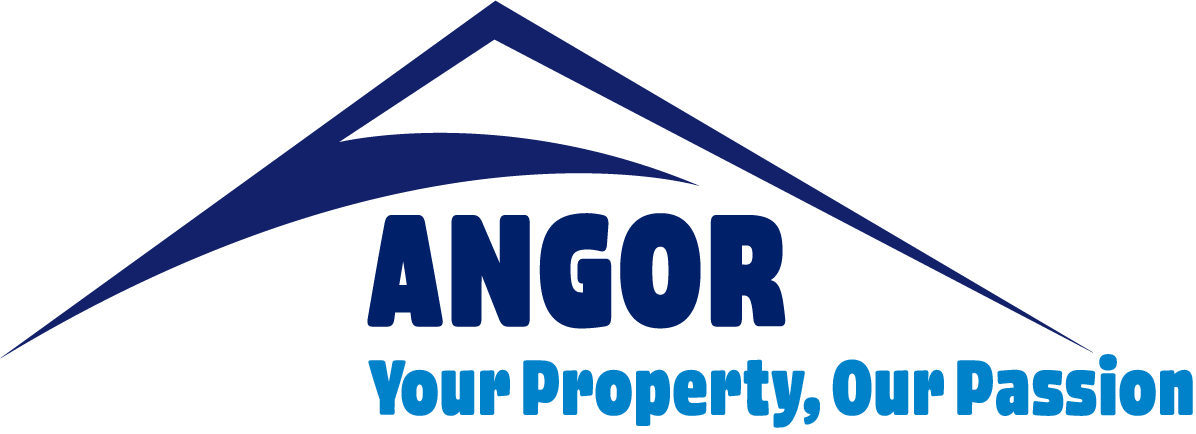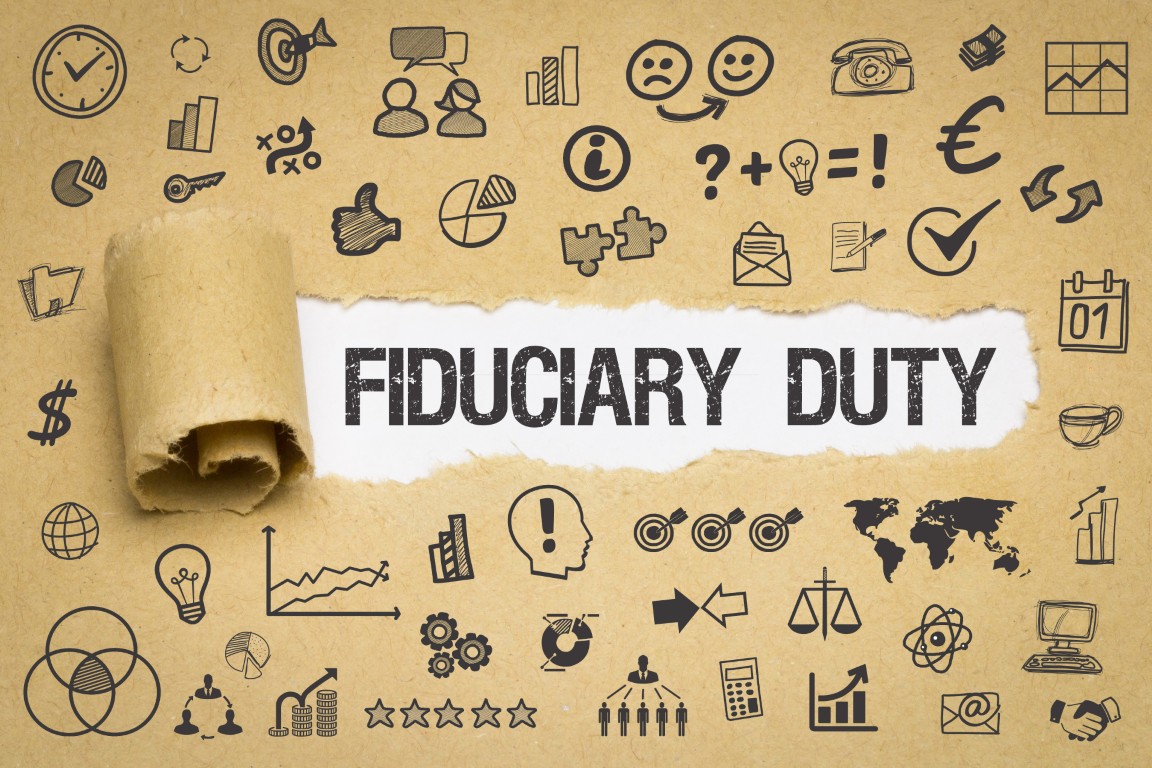Fiduciary Duties of Scheme Executives in South Africa
Serving as a Scheme Executive, whether a Trustee in a Sectional Title Scheme or a Director in a Homeowners Association (HOA), is more than a title. It’s a legal and ethical commitment to act in the best interests of the community you represent. Your role carries fiduciary duties: a responsibility to manage the scheme’s affairs honestly, with care, and in compliance with the law. At ANGOR Property Specialists, we guide Scheme Executives to fulfil these duties confidently while protecting their schemes from legal and financial risk.
What Governs a Sectional Title Scheme?
A Sectional Title Scheme is regulated primarily by:
- The Sectional Titles Schemes Management Act (STSMA) No. 8 of 2011 – Signed into law in 2016, this Act sets out the management structure, decision-making processes, and governance requirements for schemes.
- Management Rules (Annexure 1 of the STSMA) – Cover operational matters like meetings, voting procedures, and Trustee duties.
- Conduct Rules – Cover daily living matters, such as noise, parking, pets, and alterations.
- The Community Schemes Ombud Service (CSOS) Act – Establishes dispute resolution services and requires schemes to register with CSOS.
What Governs a Homeowners Association?
Homeowners Associations are not regulated by the STSMA unless they specifically choose to adopt it. Their governance depends on their legal structure:
- Non-Profit Company HOAs – Governed by the Companies Act (2008 & 2011) and their Memorandum of Incorporation (MOI).
- Common Law HOAs – Governed by a Constitution agreed by members.
- Conduct Rules – Cover daily living matters, such as noise, parking, pets, and alterations.
- All HOAs must also comply with the CSOS Act and relevant regulations.
Understanding the Duty of Care
The Duty of Care is the obligation to act with:
- Diligence – Attending meetings, reading documents, and staying informed.
- Skill – Making decisions based on knowledge, facts, and professional advice when needed.
- Competence – Ensuring your actions are in the best interests of the scheme and all members.
- Good Faith – Acting honestly, avoiding conflicts of interest, and never using your position for personal gain.
Example: If the Body Corporate needs to hire a contractor, a Trustee should ensure that quotations are competitive, the process is transparent, and any personal interest is disclosed.
Why Fiduciary Duties Matter
Ignoring fiduciary duties can lead to:
- Financial losses for the scheme
- Legal disputes or CSOS complaints
- Damage to community trust and harmony
- Personal liability if negligence is proven
By understanding the legal framework and acting with integrity, Scheme Executives protect both the scheme’s assets and their own reputations.
Conclusion
Fiduciary duties are at the heart of responsible scheme governance. Whether you are guided by the STSMA, the Companies Act, or your HOA’s Constitution, the principles are the same: act with care, act in good faith, and put the scheme’s best interests first.
At ANGOR Property Specialists, we work alongside Scheme Executives to ensure they understand their obligations, comply with all governing acts, and manage their communities effectively.
Sectional Title Ownership in South Africa – What Do You Own?
The Management Team in a Sectional Title Scheme: Roles and Responsibilities

